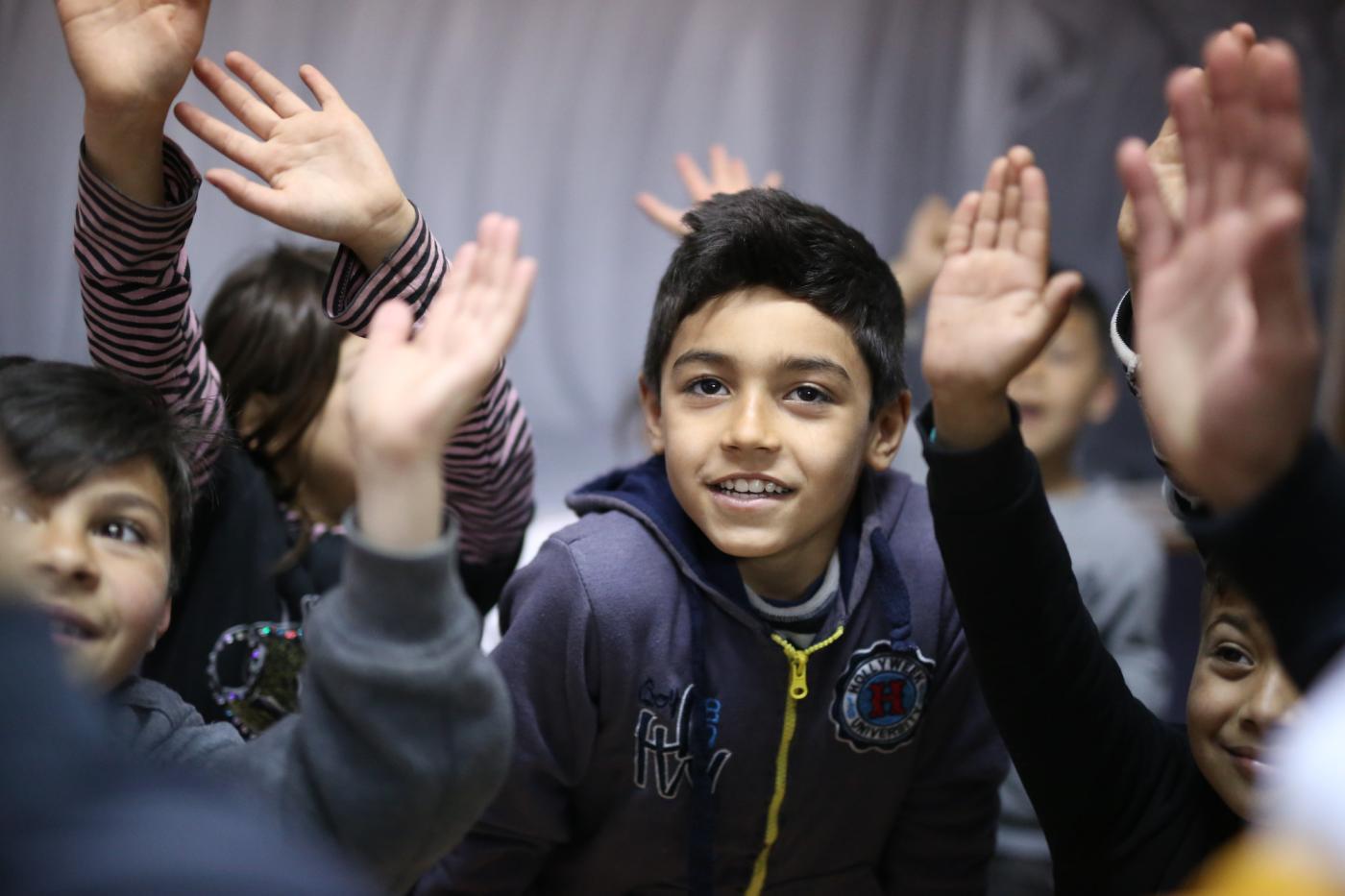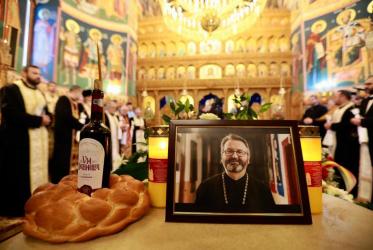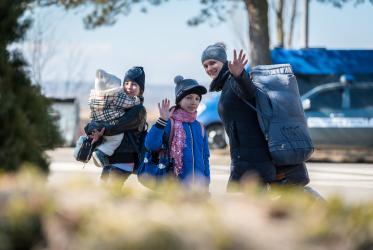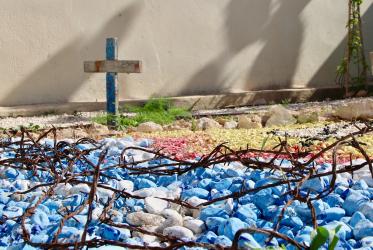The Romani people, also known as the Roma, migrated from northwest India 1,500 years ago. Once they arrived in Europe, they spread across the continent from the Balkan region. Now Romani live worldwide, though principally in Europe.
Because of their migratory nature, their absence in official census returns, and the tendency by others to classify them with other nomadic groups, estimates of the total world Roma population range are difficult to solidify but range from two million to five million.
The story of the Romani is one of indigenous wisdom, persistence against grave injustices, and a strengthening voice, a voice that the World Council of Churches (WCC) has supported for decades.
WCC Communication interviewed International Romani Union (IRU) president Zoran Dimov, who shared his appreciation for collaboration with the WCC, as well as future visions on behalf of the worldwide Romani community.
Q: Has the IRU historically collaborated with the WCC?
Mr Dimov: The importance of the mutual collaboration between the IRU and the World Council of Churches has resulted in a huge contribution to the development of the movement and activities when it comes to the Roma as people.
Over the previous 500 years, the Roma have suffered under genocide and slavery, at times at the hands of people who perpetrated these injustices and abuses in the name of religion. The WCC has been instrumental in helping us create a new Roma policy, a policy that is turning into a stronger voice for the Roma people. We are witnesses of the unselfish material and financial support of the World Council of Churches in the realization of the historic First World Congress of the Roma in Great Britain in 1971, and later for the logistical and material support for the Second Roma Congress in Geneva.
Q: Does the IRU plan to continue its work with the WCC?
Mr Dimov: We would like to continue the commitment and mutual cooperation between the IRU and the WCC, because the IRU has also tried in its plan and program to directly include religion as the basic factor and segment for acting both in a humanitarian and social aspect.
Q: Can you share some news regarding the World Romani Congress planned for 2019?
Mr Dimov: With the realization and implementation of a democratic transition through electronic voting, we believe that the expression of the democratic right of every individual Roma will have a wider, more valid mandate. At the same time, the democratic capacity will grow among the electorate all over the world. This way of voting in the future will be a kind of basis and a roadmap to defend the interests of the Roma nation.
Q: What are some positive results you envision?
Mr Dimov: The IRU will continue to advocate for social, humanitarian, and economic justice so that Roma, Sinti and Travelers in different world regions can enjoy lives of decency, dignity, and justice.
We at the IRU would like to continue biannual joint meetings with the WCC to share expertise and best practices in capacity building and education, with a particular focus on developing a more integrated approach to setting strategic priorities.
Q: How can the WCC join the Roma people on a pilgrimage of justice and peace?
Mr Dimov: We can respond together to global crises and conflicts that affect and perpetuate Roma people’s suffering, including racial hate and violence, discrimination, genocide, and natural disasters that displace Roma people from their homes and deprive them of basic decent human living conditions.
We can engage in joint projects that raise awareness and tell the story of Roma history and current realities.
The WCC can include Roma special days, such as International Romani Day on 8 April and Roma Genocide Remembrance Day on 2 August, in the WCC Prayer Cycle to help raise the profile of IRU and Roma people generally amongst the WCC fellowship of churches and ecumenical partners.
We also would like to plan joint delegations of solidarity visits to particular regions where Roma populations are victims of atrocities that must be addressed and made known to the international community.







